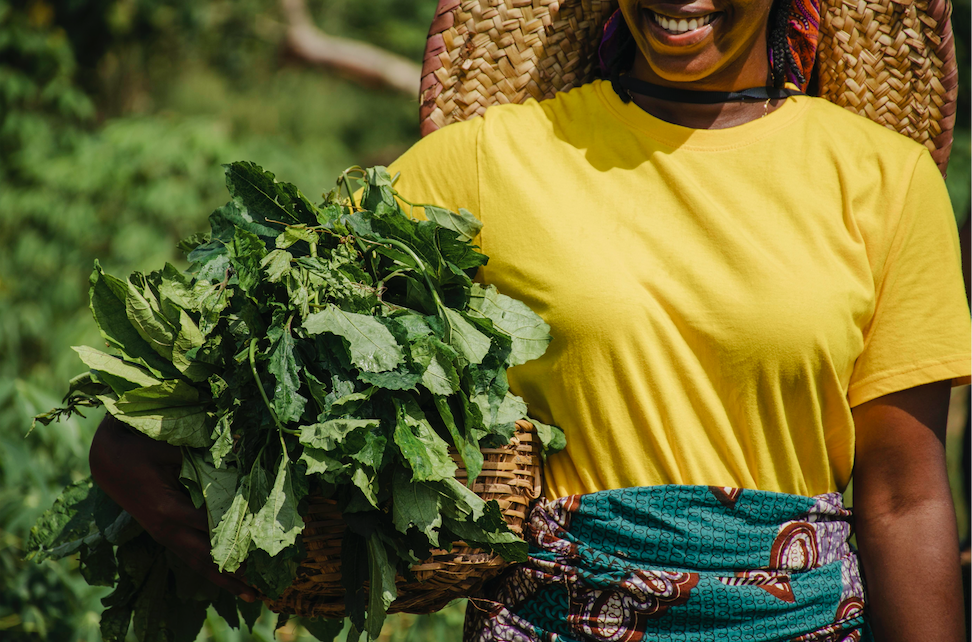 The main focus will the areas where women don’t have access to necessary capital to sustain themselves.
The main focus will the areas where women don’t have access to necessary capital to sustain themselves.
An international initiative supporting
women entrepreneurs in the cultivation and processing of medicinal and aromatic
plants (MAPs) project has launched in Nairobi.
The project aims at supporting women
entrepreneurs in the cultivation and processing of medicinal and aromatic
plants to strengthen capacity, innovation and sustainability in African agriculture.
Speaking during the official launch of the
project in Nairobi, the project coordinator of No Gravity, a non-governmental
organisation, Gabriel Adamek, said the project will integrate work-based
learning in experimental fields across Africa with professional lectures and
digital training modules for the selected women.
He said: “This project is not just about agriculture.
It is about empowering women, fostering innovation and building sustainable economies
through international collaboration. Through this initiative, we are aligning
traditional production knowledge with the 21st-century tools. By supporting
women in rural communities, we are tackling economic inequality and
environmental resilience at once.”
The programme will also embrace digitisation,
incorporating e-learning tools and online monitoring systems to track progress
and support continuous learning.
During the launch, Esther Ngina, the director
Herbspice Maket and a partner in the MAPs project, said they will target women
from marginalised arid and semi-arid areas to empower them with the necessary
tools and financial capacity to undertake the MAPs project.
She said: “Our main focus will be in the marginalised
areas where women don’t have access to necessary capital to sustain themselves.
We are looking forward to empowering these women with requisite knowledge and tools
to be able to engage in the MAPs and Essential Oils project for medicinal value.”
The added health benefits of MAPs are
expected to further trigger their demand in pharmaceutical applications as
well. Rising demand for aromatic cleaning agents and bio-based personal care
products is expected to stimulate demand for home care and personal care
products. Most of the exotic MAPs are produced from rare crops and plants
around the world which are either difficult to harvest or are already
overharvested endangered species in nature.







![[PHOTOS] Guardian Angel bus catches fire in Kikuyu](/_next/image?url=https%3A%2F%2Fcdn.radioafrica.digital%2Fimage%2F2025%2F04%2F58287f0a-f201-4a78-87f0-6f147ad8ba8a.jpg&w=3840&q=100)



